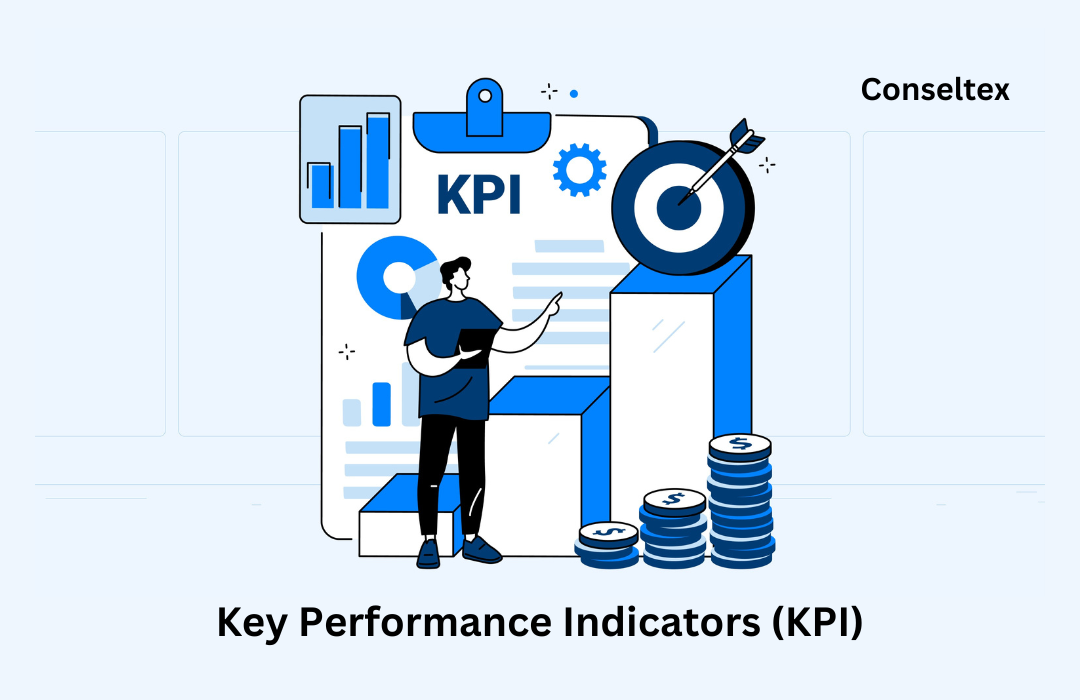In the digital age, where data holds power and marketing budgets are closely monitored, the role of a performance marketer has become increasingly vital as it focus on developing and refining marketing campaigns that produce quantifiable results. But what exactly do they do, and how do they contribute to the success of digital marketing strategies? Let’s explore the key responsibilities, strategies, and skills of a performance marketer.
Defining Performance Marketing

Performance marketing is a data-driven approach to digital marketing in which advertisers only pay for measurable outcomes. This could include clicks, leads, sales, or any other specified action. The focus is on driving measurable results and maximizing return on investment (ROI). This means that they are accountable for their results and must continuously analyze and adjust their strategies based on real-time data.
Key Responsibilities

1. Setting Measurable Goals
One of the primary responsibilities of a performance marketer is to establish clear, measurable objectives aligned with the overall business goals. These objectives may vary from increasing website traffic and generating leads to boosting sales or enhancing brand awareness. Clear goals provide a framework for evaluating the success of marketing campaigns.
2. Developing Data-Driven Strategies
Performance marketers use data analytics to develop targeted marketing strategies. They analyze market trends, consumer behavior, and competitive landscapes to create campaigns that resonate with their target audience. This data-driven approach ensures that marketing efforts are not just based on assumptions but are informed by solid evidence.
3. Executing Multi-Channel Campaigns
Performance marketers execute campaigns across various digital channels, including:
- Pay-Per-Click (PPC) Advertising: Managing paid search campaigns on platforms like Google Ads to drive traffic to websites.
- Social Media Marketing: Running targeted ads on platforms such as Facebook, Instagram, and LinkedIn to engage specific demographics.
- Email Marketing: Creating tailored email campaigns to engage leads and turn prospects into customers.
- Affiliate Marketing: Collaborating with affiliates to reach broader audiences and only paying for actual conversions.
4. Monitoring and Analyzing Performance
Once campaigns are launched, performance marketers continuously monitor key performance indicators (KPIs) to gauge success. They use analytics tools to track metrics such as conversion rates, click-through rates (CTR), and ROI. This constant monitoring allows them to understand what’s working and what needs adjustment.
5. Optimizing Campaigns
Based on the performance data, they make informed decisions to optimize their campaigns. This could involve A/B testing different ad creatives, adjusting targeting parameters, or reallocating budgets to higher-performing channels. The objective is to optimize outcomes while reducing expenses.
6. Reporting Results
Performance marketers are responsible for compiling reports that communicate the success of their campaigns to stakeholders. These reports provide insights into what worked, what didn’t, and how future campaigns can be improved. Transparent reporting helps build trust and demonstrates the value of performance marketing efforts.
7. Staying Updated on Trends
The digital marketing landscape is ever-evolving. Performance marketers must stay informed about the latest trends, tools, and best practices to ensure their strategies remain effective. This commitment to ongoing education allows them to implement innovative tactics that keep their campaigns competitive.
Essential Skills

To succeed in their role, performance marketers need a diverse skill set, including:
- Analytical Skills: Proficiency in analyzing data and drawing actionable insights is crucial. They must be comfortable using tools like Google Analytics to track campaign performance.
- Technical Knowledge: Familiarity with various digital marketing platforms and technologies is essential. This includes PPC platforms, social media ad managers, and marketing automation software.
- Creative Problem-Solving: Performance marketing often requires thinking outside the box to overcome challenges and optimize campaigns.
- Attention to Detail: Small changes can significantly impact campaign performance. They need to be detail-oriented to ensure every aspect of their campaigns is optimized.
- Communication Skills: Effective communication is vital, as they do often collaborate with different teams, such as creative and sales, to align on objectives and strategies.
Measuring Success: Key Performance Indicators (KPIs)

To evaluate their effectiveness, performance marketers track various KPIs, such as:
- Conversion Rate: The proportion of users who take a specific action, such as making a purchase or subscribing to a newsletter.
- Return on Investment (ROI): A measure of profitability calculated by comparing revenue generated against marketing costs.
- Click-Through Rate (CTR): The percentage of users who click on an ad compared to the number of times the ad is displayed.
- Cost Per Acquisition (CPA): The expense incurred in acquiring a new customer through marketing initiatives.
- Customer Lifetime Value (CLV): An estimate of the total revenue a customer will generate throughout their relationship with a brand.
Conclusion
In conclusion, performance marketers play a critical role in the digital marketing ecosystem. By focusing on data-driven strategies and measurable results, they help businesses optimize their marketing efforts and achieve greater returns on their investments. With a unique blend of analytical prowess, technical skills, and creativity, they are well-equipped to navigate the complexities of digital marketing.
As the demand for effective performance marketing continues to rise, businesses that leverage the expertise of performance marketers will be better positioned to thrive in an increasingly competitive environment. Understanding the role of performance marketing is essential for business owners looking to enhance their marketing strategies and for aspiring marketers seeking to make their mark in this dynamic field. In an era where outcomes are increasingly important, performance marketers are essential for driving business growth and success.




